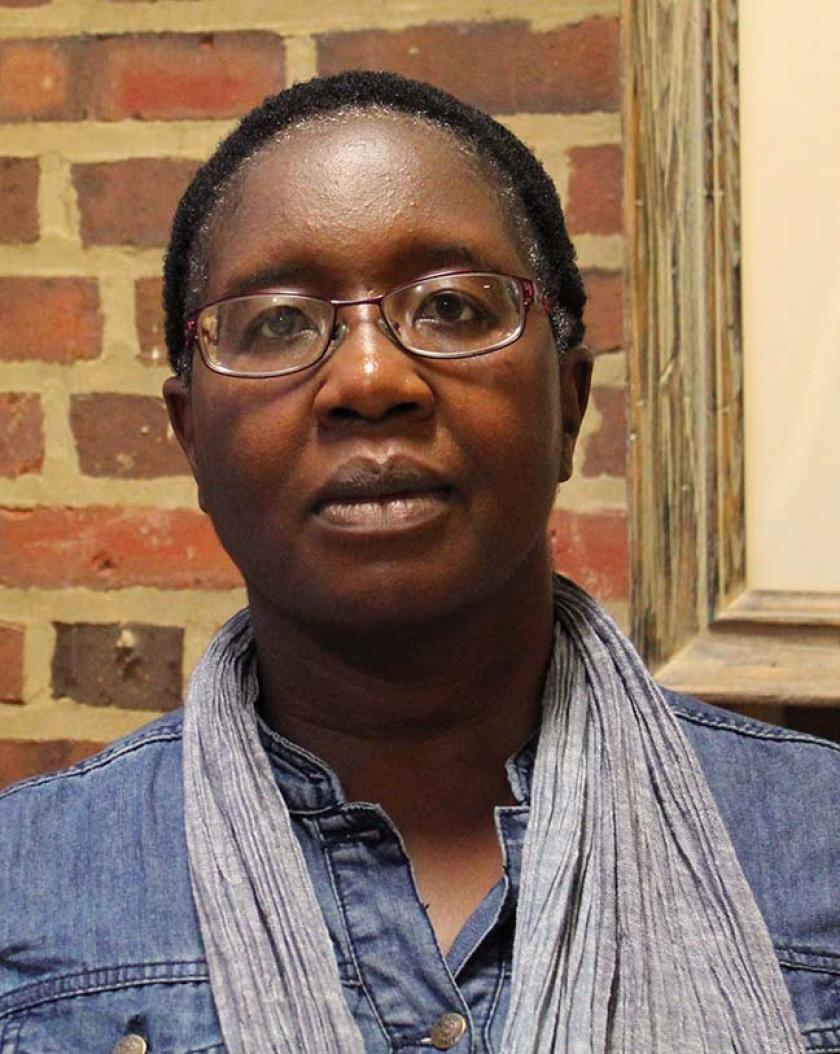Jean Kanengoni's Dissertation Defense

Jean Kanengoni will defend her dissertation, "Measuring Up: Public Libraries Discovering Their Impact in Zimbabwe."
Abstract: This research was to study what public libraries and their stakeholders in Zimbabwe know about impact assessment and how they use it. Public libraries in Zimbabwe typically measure outputs – how many people visited the library, how many books were borrowed, how much money was made from subscriptions, and how many patrons used their computers. This is an easy and inexpensive measurement method as it is about counting. Counting can even be automated, for example, by using an integrated library system that reports the number of books borrowed over a specified period. Outputs are a measure of use but not a measure of impact. To measure the impact is a longer-term, more resource-demanding, user-centered, and program/service-specific exercise. Public librarians who wish to understand their impact need to assess the outcome of their services and programs. Measuring impact provides public libraries with information on the effect of their services and programs on their communities. Document analysis used the perspectives of public library workers and stakeholders on impact assessment in public libraries in Zimbabwe. I analyzed public library reports, government reports on public libraries, library conference proceedings, and library school syllabi to answer my research question. The study addressed the following areas:
• What do the public library and its stakeholders in Zimbabwe know about public library impact assessment?
• How the public library and its stakeholders in Zimbabwe conduct impact assessment.
• How the public library and its stakeholders in Zimbabwe use impact data and
• How the public library and its stakeholders in Zimbabwe learn about impact assessment and develop their capacity.
The documents revealed that public libraries in Zimbabwe do not measure or use impact assessment metrics. Some use output metrics to purchase book genres their patrons frequently use and advocate for increased staff. The library institutions that provide training for public librarians did not include impact assessment in their workshops, conferences, or newsletters. In 2021, I presented my dissertation proposal to one of the institutions. This would not be considered a training session, as it was an introduction to librarians on the topic of impact assessment in public libraries.
These results imply that public libraries in Zimbabwe do not use impact assessments or know the impact of their services and programs in the community. They also mean that public libraries in Zimbabwe do not have information they can use to advocate for funds, programs, and services with6 potential donors. Finally, these results imply that public library stakeholders in Zimbabwe may not know or be aware of impact assessment as a tool for managing their institutions. Impact assessment is a process that is not present in Zimbabwe.
Her committee includes Associate Professor Emily Knox, chair and director of research, School of Information Sciences; Associate Professor Maria Bonn, School of Information Sciences; Professor Teresa Barnes, History and Gender/Women's Studies; and Inaugural Vice Provost Valeda Dent, Emory University.
The Zoom meeting information is as follows:
Meeting ID: 819 5640 2379
Password: 485953
For any questions, please contact Jean Kanengoni.